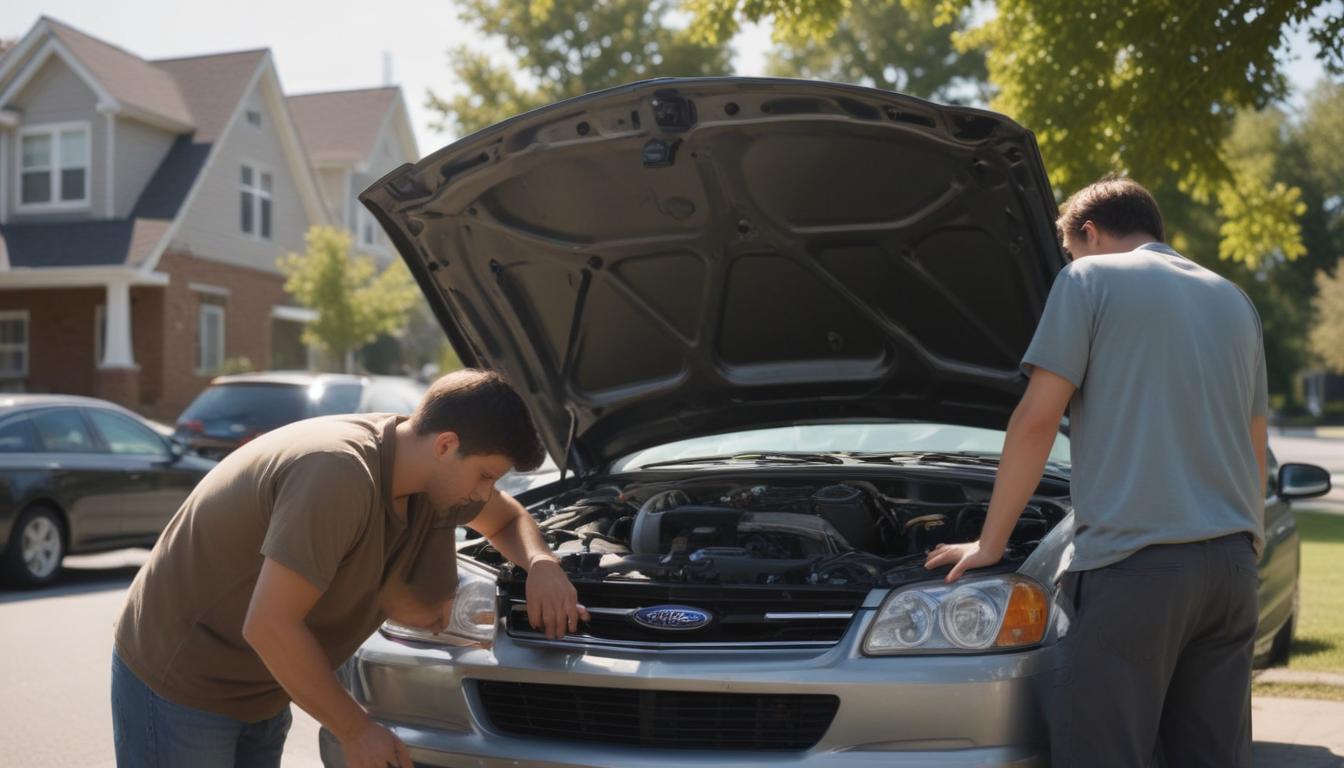Engine Knocks: What That Sound Really Means for Your Car
Understanding Engine Knocking and Its Causes
Engine knocking is a common issue and one that can make any car owner uneasy. This distinct pinging or knocking sound from the engine is often a red flag. But what causes it?
- Low-Octane Fuel: If your car requires high-octane fuel, using a grade below the recommendation can lead to pre-ignition or abnormal combustion in the cylinders, causing knocking.
- Insufficient Oil Levels: Motor oil lubricates moving engine parts. Without enough oil, friction builds between components like pistons or bearings, creating unpleasant noises.
- Worn Engine Parts: In older vehicles, deteriorating bearings or loose connecting rods can also produce engine knocks during use.
Recognizing the type and source of this noise is essential. A professional mechanic is best equipped to diagnose and address the problem, enabling your car to stay healthy and functional for longer.
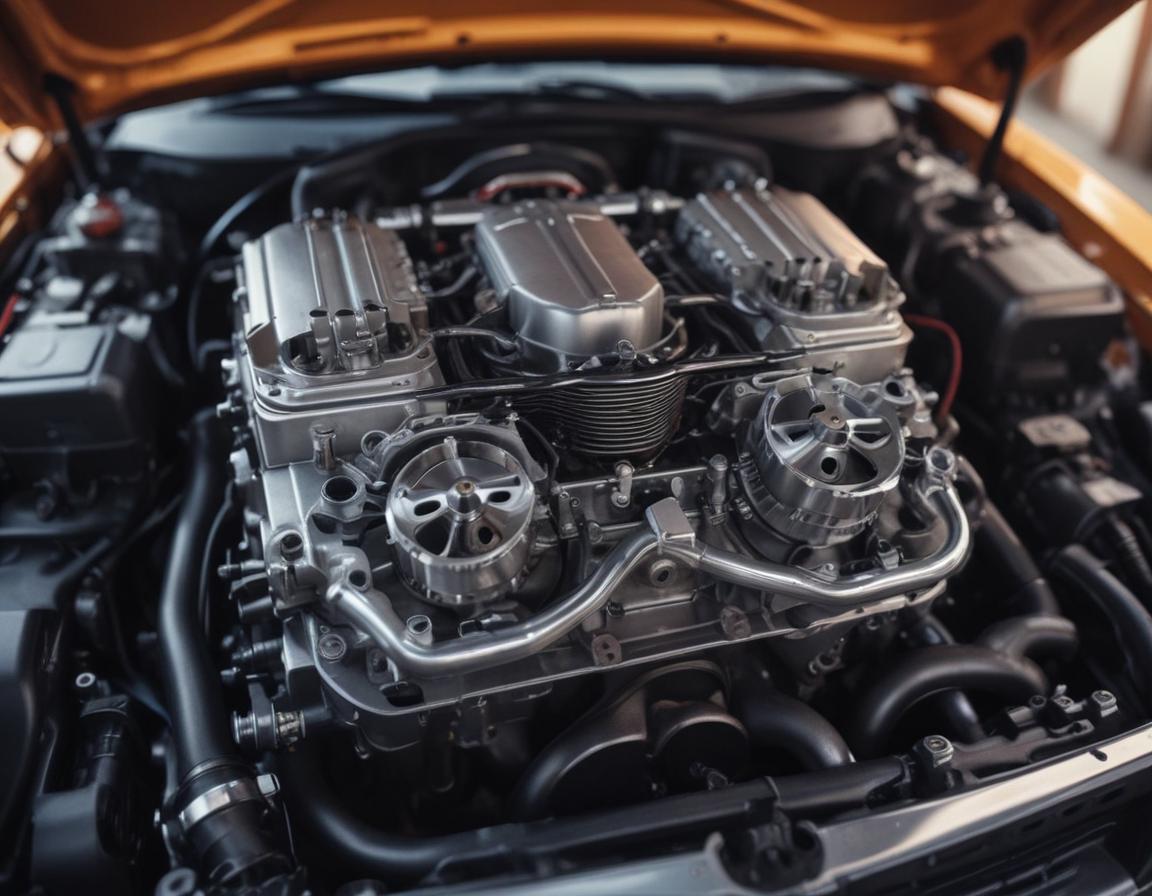
Common Dangers of Ignoring Engine Knocking Noises
It might be tempting to ignore faint engine noises, but doing so can have dire consequences. Engine knocking left untreated can escalate into major mechanical issues.
Here’s why ignoring the issue is risky:
- Grinding Components: Low oil levels can cause metal parts in the engine to grind, leading to irreversible failures.
- Piston Damage: Pre-ignition from improper fuel can harm the engine’s pistons and cylinders.
- Costly Repairs: Worn-out bearings and rods must be attended to immediately. Ignoring them could lead to a full engine rebuild, which might cost $5,000 or more.
Addressing knocking early on helps to avoid major repairs and keeps your maintenance budget under control.
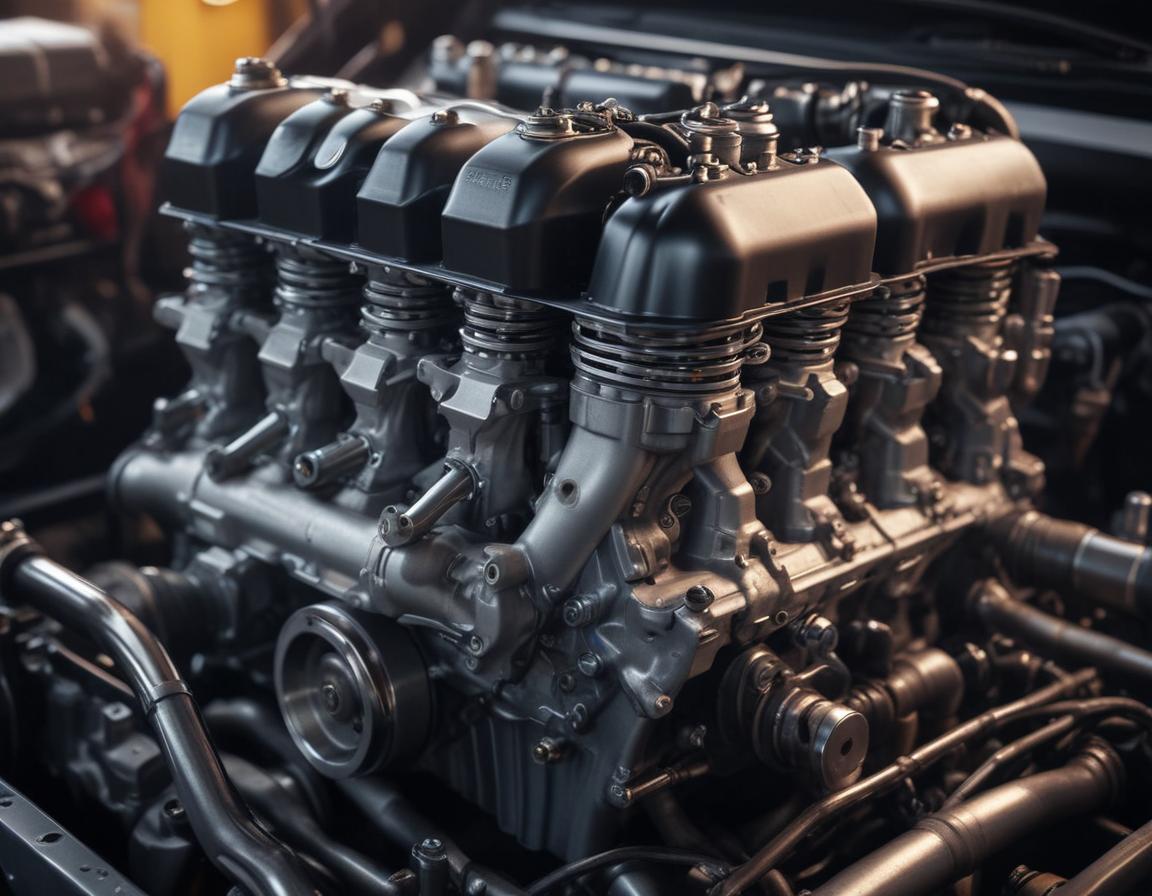
Simple Steps You Can Take to Address Engine Knocking
Hearing that unsettling sound? Don’t panic—there are steps you can immediately take to reduce the risk of further damage.
- Pull over safely and use the dipstick to check your engine’s oil levels. If it’s low, add the recommended type of oil right away.
- Verify that you’ve been using the correct fuel grade. Always consult your owner’s manual for the appropriate octane rating.
- If the knocking persists, schedule a professional inspection. A mechanic can identify and resolve deeper issues effectively.
Acting quickly at the first sign of engine knocking ensures the longevity and performance of your car.
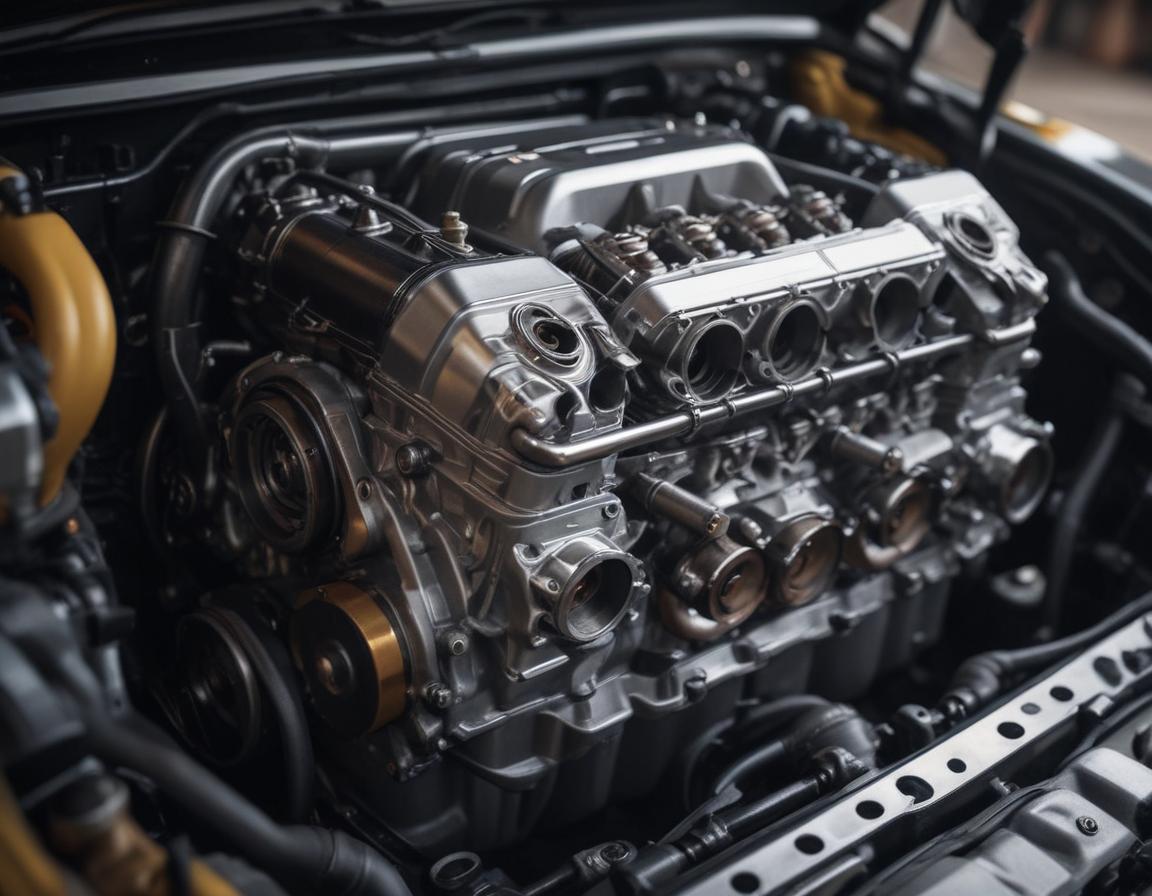
Preventive Maintenance to Avoid Engine Trouble
The best way to avoid engine knocking is with diligent, preventive maintenance. A little care can go a long way toward giving your engine a long and healthy life.
Key Maintenance Tips:
- Regular Oil Changes: Change your oil every 3,000–7,500 miles, depending on your car’s requirements.
- Fuel Quality: Refuel at reputable stations and always use a fuel grade recommended by your vehicle manufacturer.
- Additives: Use fuel injector cleaners periodically to maintain combustion efficiency.
- Routine Inspections: Schedule professional checks to assess wear and tear on vital engine components such as bearings and belts.
By adhering to these practices, you protect your engine’s health while avoiding costly headaches down the road.
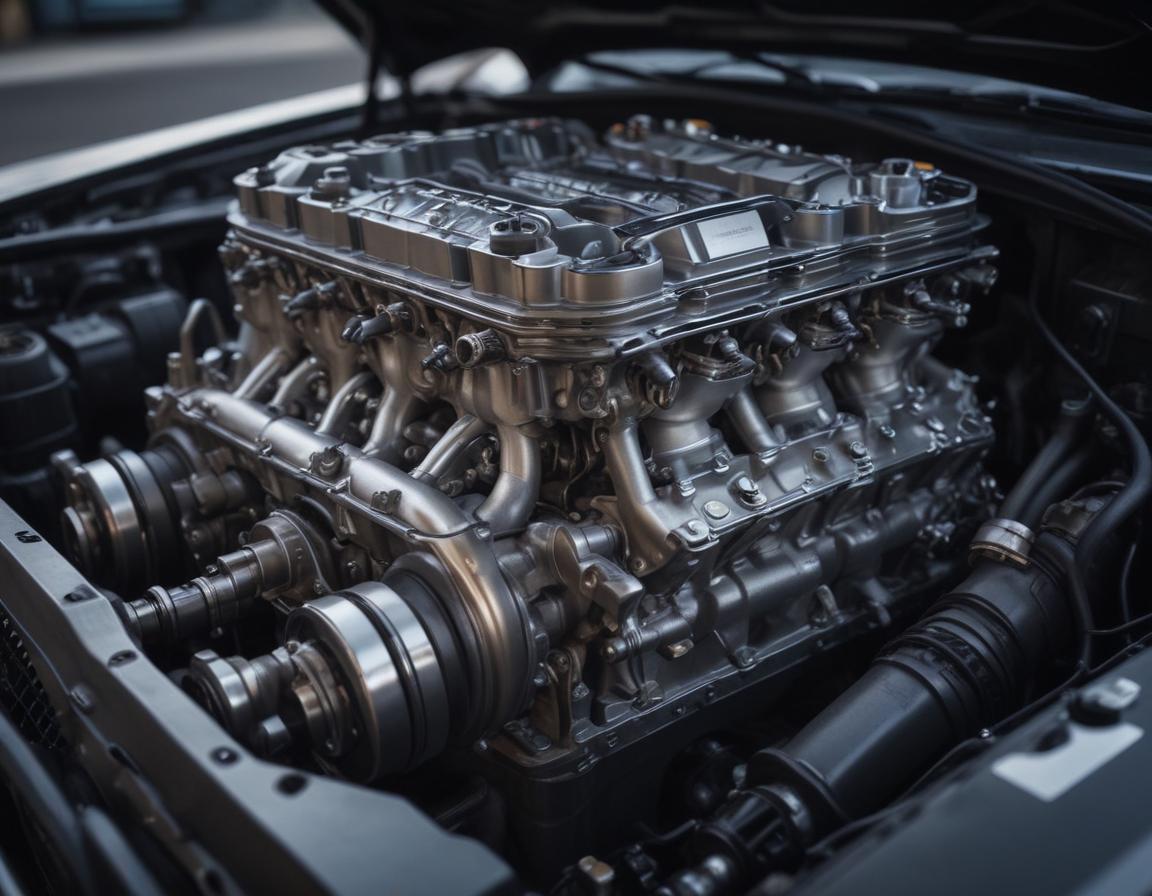
When to Seek Professional Help for Engine Knocking?
While some car owners may handle basic maintenance themselves, persistent engine knocking is often a sign that professional intervention is necessary.
If you notice the following symptoms, consult with an auto repair specialist right away:
- Continuous knocking sounds, even after checking oil and fuel.
- Visible smoke from the engine or exhaust.
- Reduced performance, such as low acceleration or poor fuel efficiency.
- Illuminated warning lights on the dashboard, such as the check engine or oil pressure alerts.
Modern diagnostic tools allow mechanics to pinpoint the exact cause of engine knocking, whether that involves pre-ignition, oil system issues, or mechanical failures. Seeking their expertise not only resolves immediate concerns but also ensures your car stays in excellent condition long term.
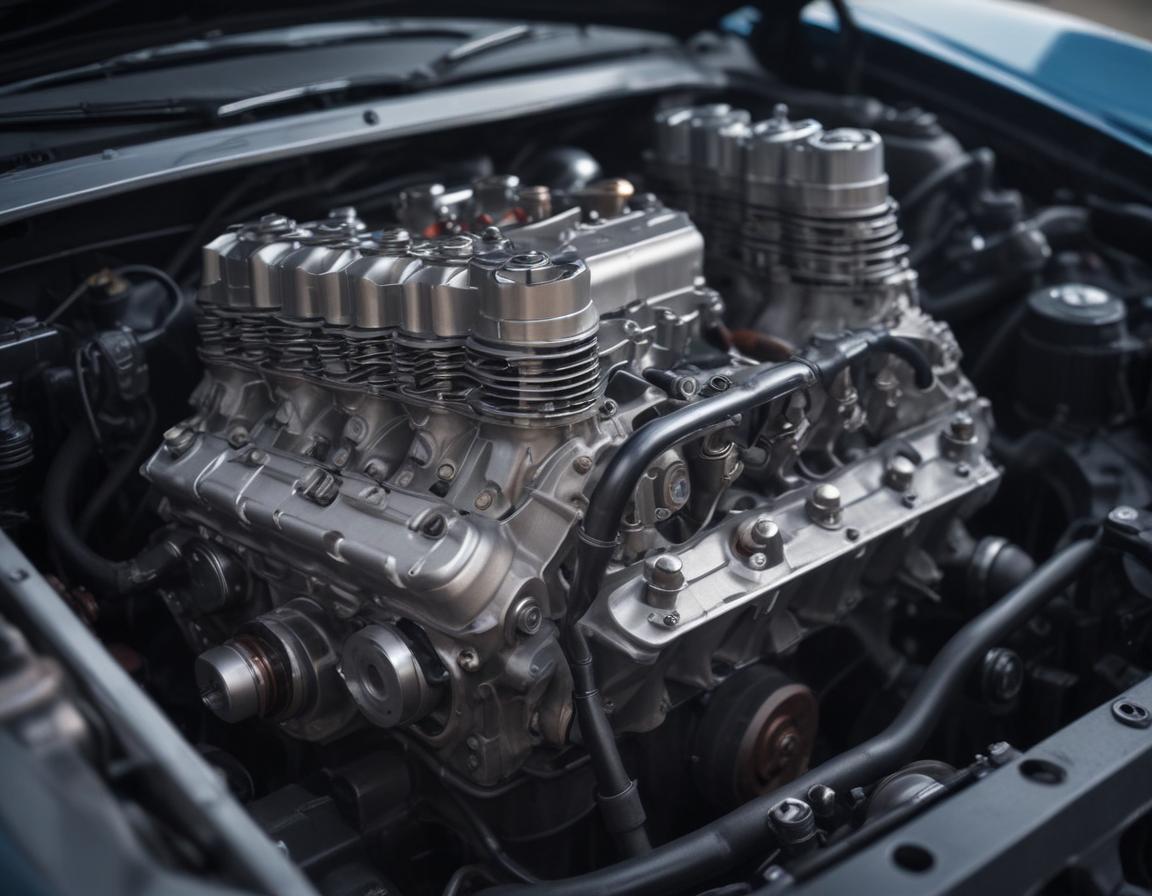
Conclusion
Engine knocking is more than just an annoyance—it’s your car’s way of telling you something needs attention. Whether it’s as simple as low oil or as serious as worn engine parts, addressing the issue early is key to avoiding costly repairs.
By keeping your engine oil and fuel quality in check, following preventive maintenance schedules, and seeking professional help when required, you can ensure your car runs smoothly for years to come.
Hear something unusual? Don’t wait—consult a trusted mechanic today to prevent minor issues from turning into major (and expensive) headaches.
“`



